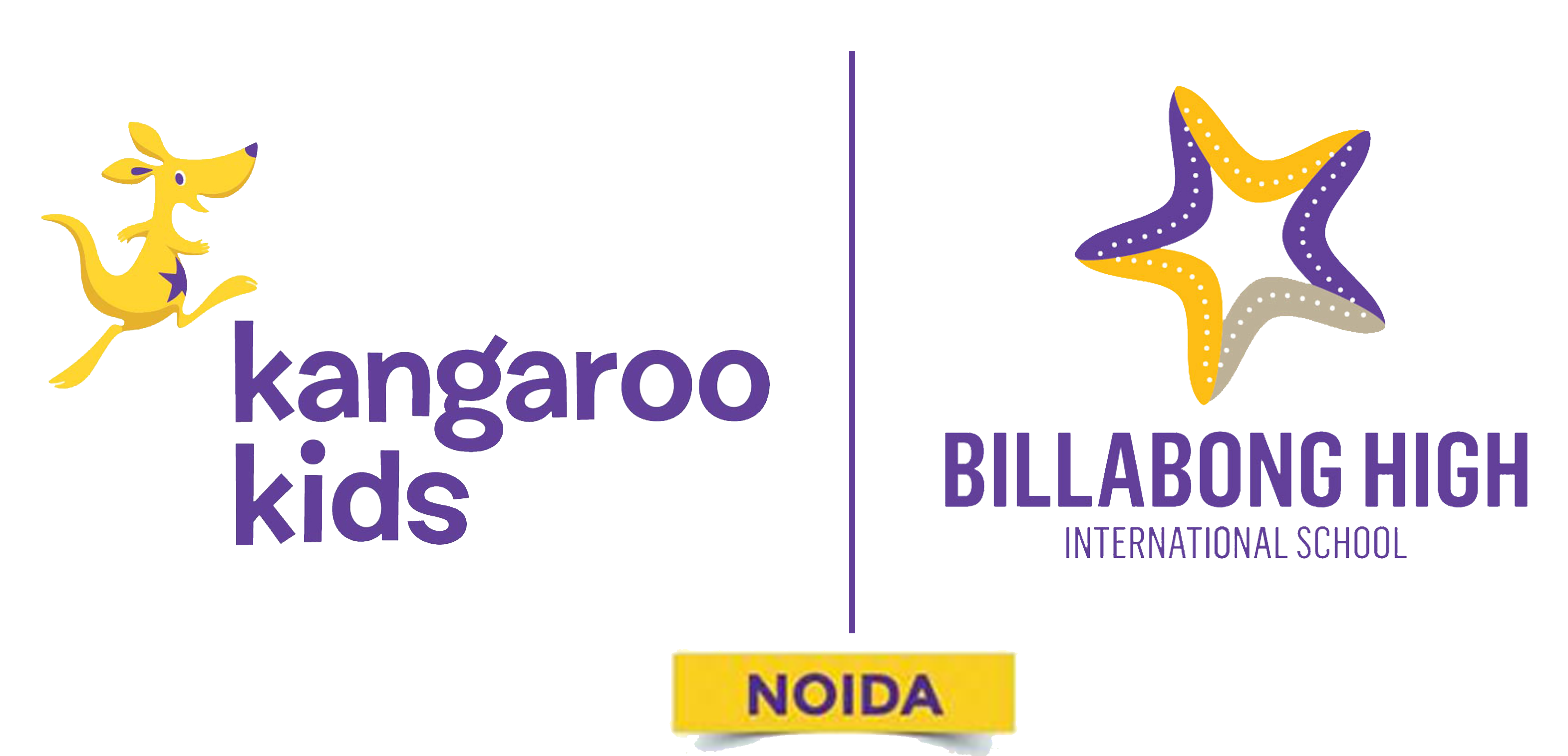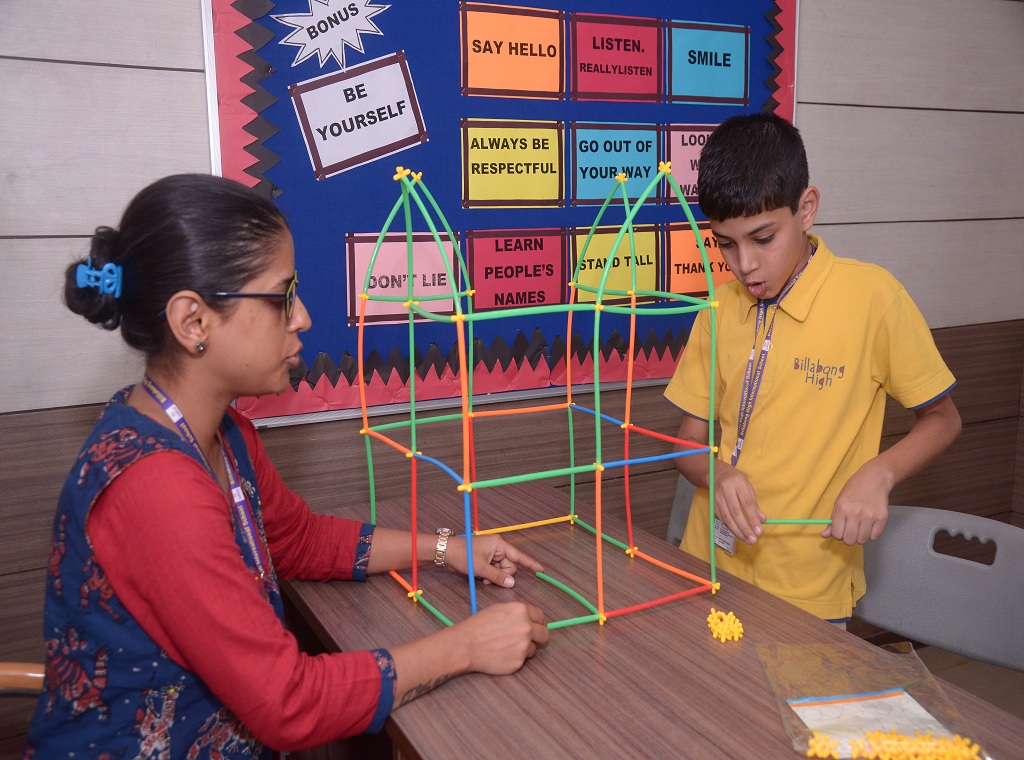The academicians across the globe are debating today on how do we make our next gen learners – lifelong learners. How do we develop critical & analytical thinking skills among our young torch bearers? It is the responsibility of the policy makers, academic thinkers, and curriculum developers to design & develop a vibrant transformative pedagogy which fosters Research Based activities/projects for our schools. RESEARCH BASED CURRICULUM – ITS SIGNIFICANCE.
Ten tips on how a research-based curriculum helps students:
Acquire Problem Solving Skills: Today’s learners will enter a career that values skills and abilities far different from the conventional workplace talents or skills that are relevant today. They will have to be able to procure, synthesize, and analyze information, conduct specified research and work with teams to meaningfully engage the newfound knowledge. Implying that the future learners must learn how to learn, while responding to constantly changing technologies and socio- economic, and global conditions.
Deep learning: growing body of research demonstrates that students learn more deeply if they have engaged in activities that require applying classroom-gathered knowledge to real-world problems and extract meanings from experience, tasks that are challenging and allow independent thinking and multiple ways of being solved, encourage creativity & self – discipline among learners – as saying goes – “Tell me and I forget, show me and I remember, involve me and I understand.”
Learning to construct knowledge: Research shows that such inquiry-based teaching is not so much about seeking the right answer but about developing inquiring minds, and it can yield significant benefits. Children learn deeply when they create products that require understanding and application of knowledge and critically question the knowledge they receive, the learning environment will be student-centric, based on their needs where the teacher creates learning opportunities to explore, assimilate and resolve possible solutions to the given problems.
Teachers as facilitators: Encouraging students to conduct inquiry & research is beneficial to teacher – facilitator as well as learners as the role of a learner will transform from being a spectator to that of an active participant. It will improve the quality of learning among students as they gain confidence and motivation and thus handle ambiguity, think critically. A research-led learning also implies that the teachers also indulge in & use their research to inform the content of their teaching and give students the opportunity to play an active role in the research process.
Learning to collaborate: research based learning often requires collaboration and team work wherein each team member has specific roles producing collective meaning. It brings students closer to the edge of knowledge and teaches transferable skills such as teamwork, problem-solving, analysis & critical thinking skills. Collaborative learning helps in sharing strengths & develops areas of concerns, endorses accountability for each member and learners take responsibility for the outcomes with positive interdependence and task commitment.
Tangible learning outcomes: research based curriculum will have specific curricular & instructional pre-requisites which will comprise of effective learning outcomes representing important knowledge, skills and attributes that schools want their learners to acquire. The research findings will include explorations, description, analysis & interpretations of data, devise models from evidences gathered and draw conclusions. Learners will be able to communicate beyond simply exchanging information, evolve arguments, debate their viewpoint, explain logic and even publish the final records.
Enhance quality of learning: research & reason based learning and educational practices are significant for determining the quality and impact on learning. Research based curriculum will expedite the learners with Process Skills such as – Question & discover problems related to real life situations, establish link between what is known and what is required to be known, acquire critical perspectives on given & real issues. A lot of responsibility will lie on the effective users & interpreters of the findings of the research.
Connect knowledge to real life: research will provide the platform to the learners to transcend boundaries of the classroom and connect with real life situations, learn to observe, gather evidences, identify similarities & differences, see patterns & comprehend sequence of events or processes. Inquiry based learning will foster engaging with community or local knowledge and relating it to school wherever possible encouraging the learners to question the existing. They will learn to be sensitive to social issues such as Gender equality, terrorism, health & safety, climatic change & conservation of eco-biodiversity.
Learn to integrate knowledge: research based learning will recommend significant changes in the manner subjects are taught today. It will soften the subject boundaries making our children experience to integrate knowledge, allow independent thinking, contextualizing and connect the school – community & the natural & social environment in a common thread. It will make education more relevant. According to the NCF 2005 “aim of knowledge is to connect with the world”
Flexible evaluation: domains of knowledge have grown wider with the intervention of research based curriculum therefore it is necessary to make the assessment patterns flexible and inclusive in nature. Relevance, interest, meaningful should be the rubrics of measurement. Given the intrinsic variability nature of the outcome of the research, the assessment has to be based on scientific, transparent & comprehensive approach. It should also be self-correcting and continuous evaluation system.
Research based curriculum is the way forward in transforming our schools into learning organizations which will resonate with aspirations of our young learners to learn – explore – experience – discover – innovate & establish ideas.



